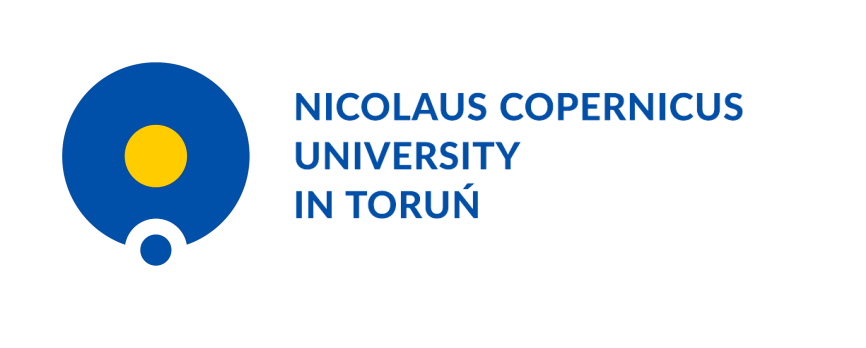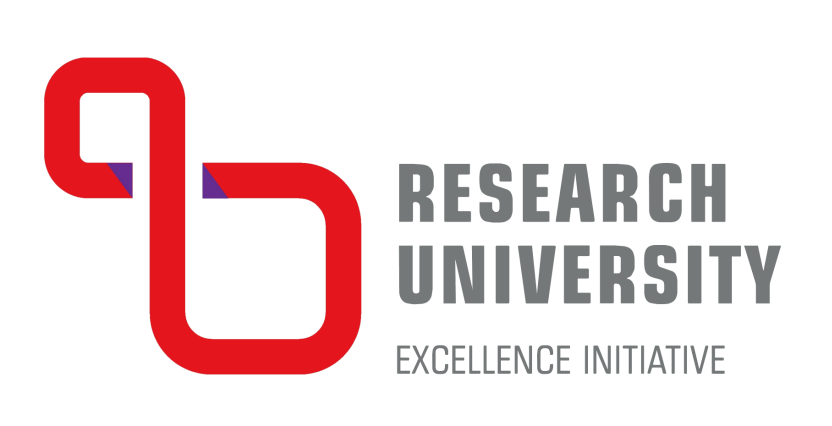Cells as EXperimental platforms and bioFACTories (CExFact)
Leader: dr hab. Krzysztof Zienkiewicz, prof. UMK
The emerging field “Cells as experimental platforms and biofactories” represents the innovative multiple-way integration of research profiles carried out by the scientists of our University, where the central object of interest is the cell – the basic unit of life. The main goal of this integration is not only to decipher the key mechanisms regulating the functioning of cells at different levels of their organization, but also to develop effective strategies for using these structures as tools for solving current socio-economic problems. The latter cover such diverse challenges of the modern world as the development of new oncological therapies, unravel the mechanisms of plant and animal reproduction, increasing the energy density of crops or the production of renewable energy from biomass.
The implementation of the above goal is based on the potential, experience and close cooperation of our interdisciplinary consortium and includes five main lines of research:
- Development of new avenues in oncological therapy with the use of molecular biology
- Identification and characterization of molecular mechanisms governing the intercellular interactions in order to develop new methods of pharmacological therapies
- Deciphering cellular mechanisms of plant and animal reproduction
- Development of advanced analytical methods dedicated to the identification of diverse cellular biomolecules
- The use of plant cells and microorganisms as renewable sources of biofuels and bioproducts.
The scientists of our emerging field represent the key units for research in the field of life sciences, including the Faculty of Biological and Veterinary Sciences, Collegium Medicum, the Centre for Modern Interdisciplinary Technologies and the Faculty of Chemistry. Importantly, more than half of our team is represented by young academic staff consisting of employees who obtained their doctoral degree less than 7 years ago, as well as of doctoral students who carry out their projects at Doctoral Schools. In addition to the scientific and research aspects, our interdisciplinary team also puts a great emphasis on strengthening the position of the Nicolaus Copernicus University in Toruń by:
- increasing the competitiveness of our University by effective acquisition of funds for basic and applied research from external sources,
- generating intellectual property of high commercialization potential, with a special emphasis on new solutions serving the society in the field of biomedicine, renewable energy and agriculture,
- development of new cooperation networks in the frame of joint projects with domestic and foreign partners, representing both the academic sector and the broadly understood economic environment,
- supporting young researchers by intensifying their mobility and promoting their scientific and research activity on the national and international arena,
- promotion of scientific and research units of Nicolaus Copernicus University in Toruń as leaders in specific areas of life sciences in the country and abroad.
dr hab. Krzysztof Zienkiewicz, prof. UMK – habilitation (DSc) in biological sciences, Associate Professor at the Centre for Modern Interdisciplinary Technologies of Nicolaus Copernicus University in Toruń. In 2002 he obtained Master Degree in biological sciences and in 2006 he was awarded a PhD at the then faculty of Biology and Earth Sciences of Nicolaus Copernicus University in Toruń (currently the Faculty of Biology and Veterinary Sciences). In 2008-2014 he completed his first of the three long-term postdoctoral internships at the Estación Experimental del Zaidín (EEZ) institute in Granada, which belongs to Spanish network of Consejo Superior de Investigaciones Científicas (CSIC). From 2014 to 2016, as a beneficiary of the Marie Skłodowska-Curie fellowship, he completed two long-term scientific internships – the first, two year-long, at the Michigan State University (East Lansing, USA) in the group of prof. Christoph Benning, and the second one, one year-long, at the University of Göttingen (Germany) in the Department of Plant Biochemistry, headed by prof. Ivo Feussner. He continued his scientific work at this prestigious university until 2020, when he returned to his alma mater in Toruń. He is the author of over 50 scientific articles in high-rank scientific journals such as Science, eLife and New Phytologist. Currently, as the leader of two projects funded by the National Science Center of Poland (OPUS 18 and OPUS 19), he continues research on lipid metabolism in microalgae cells with a high potential for biofuel production.


 ul. Gagarina 7, 87-100 Toruń
ul. Gagarina 7, 87-100 Toruń